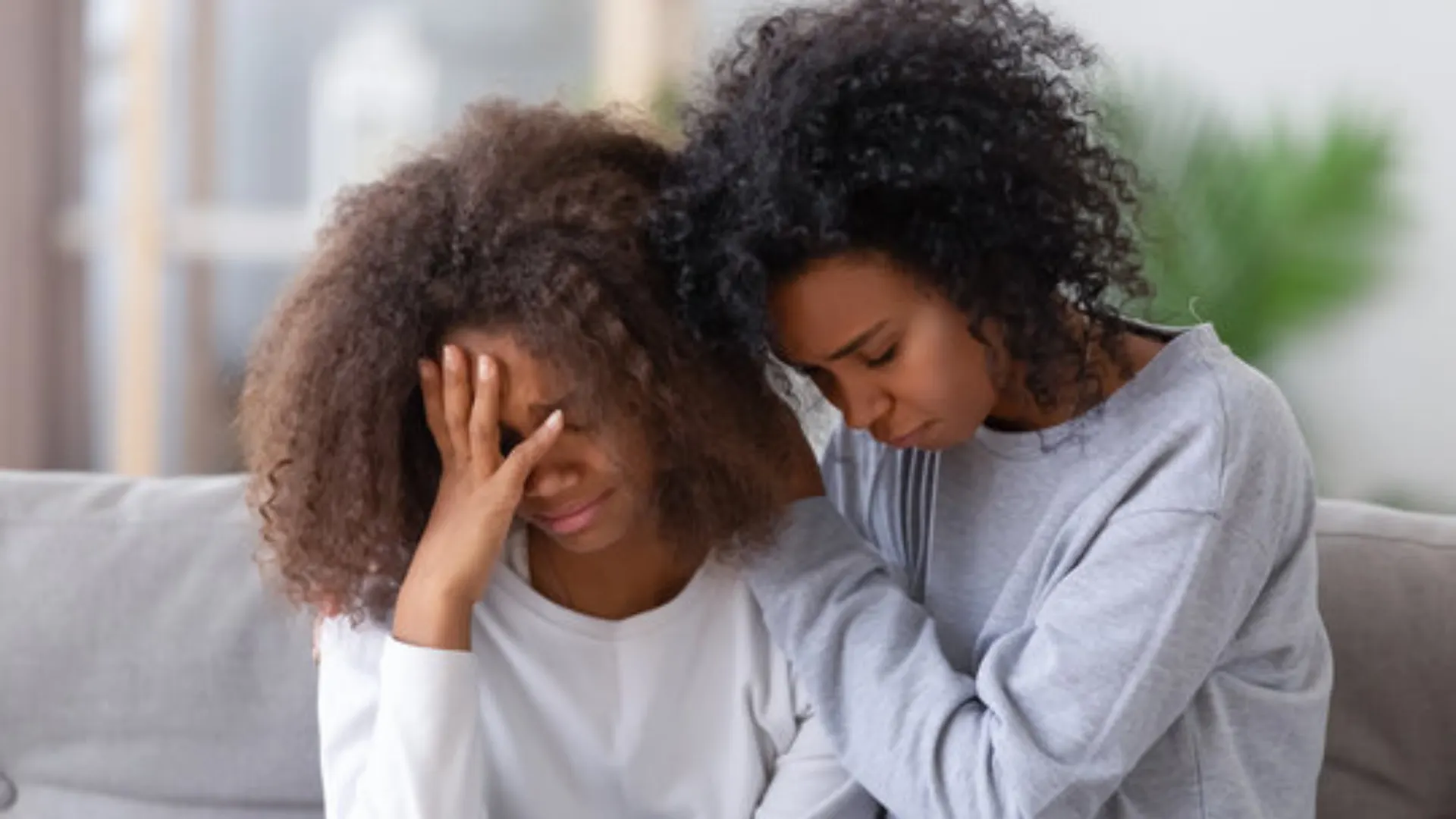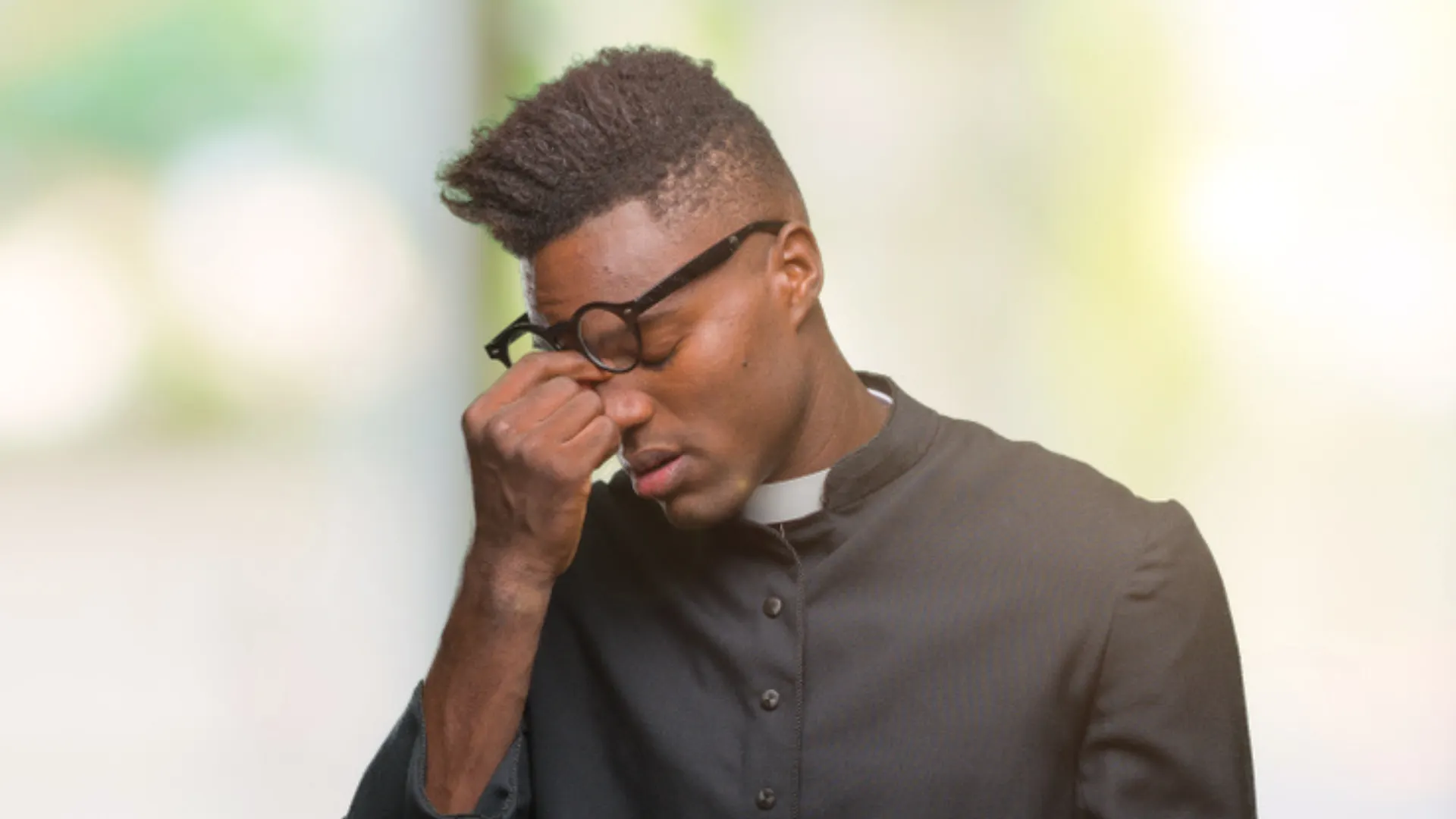The Impact of Attachment Disorders on African American Marriages

Attachment disorders are a type of mental health disorder that can develop when a child is unable to form healthy attachments with their caregivers. This can result in significant difficulties in forming and maintaining healthy relationships throughout their lives. For most people, it is not a question of “IF” you have an attachment disorder. Instead, it is generally a question of which type. There are four types of attachment styles: anxious, avoidant, disorganized, and secure.
For African American individuals, attachment disorders can be particularly problematic due to a range of factors, including historical trauma, systemic racism, and socioeconomic challenges. These factors can contribute to a range of attachment-related difficulties that can affect relationships, including insecure attachment, fear of abandonment, and difficulty trusting others.
Research has shown that attachment disorders can have significant impacts on marriages in African American communities. For example, a study by Rennison and colleagues (2015) found that insecure attachment was associated with higher levels of marital conflict and lower levels of relationship satisfaction among African American couples. Similarly, a study by Alcala and colleagues (2020) found that fear of abandonment was a major predictor of marital dissatisfaction and separation among African American couples. It is also important to recognize the significant impact of historical trauma and systemic racism on attachment disorders and relationship formation in African American communities.
There are a range of potential strategies that can be used to address attachment-related difficulties in African American marriages, including individual and couples therapy. For individuals with attachment disorders, seeking wise counsel can be a valuable part of addressing attachment-related challenges. Proverb 15:22 says, "Plans fail for lack of counsel, but with many advisers, they succeed." Seeking the advice and guidance of trusted coaches or counselors can help individuals with attachment disorders develop healthy relationship skills and work towards healing and growth in their relationships.
About the Author










